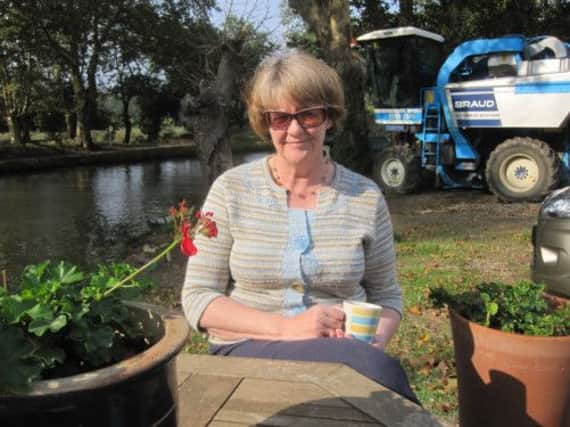Knowing the past helps the future


I was born and adopted in the late 1940s, at a time when there was enormous stigma associated with having a child out of wedlock. Indeed, many mothers were advised or even coerced into putting their child up for adoption. They had little say themselves. Their voices were often silenced.
I have discovered that shortly after I was born, my two grandmothers put their heads together and decided I should be adopted. I would like to think they made their decision in favour of the best outcome, as they saw it, for all concerned.
Advertisement
Hide AdAdvertisement
Hide AdBack in the 1940s and 1950s, adoptive parents had little guidance on how the needs of an adopted child might differ from those of a child brought up by their birth parents. The most obvious need – which was unrecognised – was the need to know where one came from; to get some sense of belonging. In my case, I was told I didn’t need to know. The subject was taboo. Enlightenment about such things came much later.
Adoption could, however, frequently bring advantages. In the adoptive family, living standards might be much better. There might be access to an education which would serve the adopted child well in later life. That is how it was for me, and I am grateful for those advantages.
As a child, though, you live for the present and accept your life as the norm. Apart from being adopted, of course. That sets you apart from your peers. It is only with maturity that you examine what your life was like and what it might have been like had you not been adopted.
I was the kind of adopted child who aimed to please and to conform to their parents’ expectations. In effect, the adoptee became the adaptee. Why was this?
At the age of seven or eight I was told I was adopted. At that time, I spent a lot of time at my friend’s house playing with her and her brothers and sister. I found myself participating in what seemed to me to be a real, proper family and this served to highlight for me what I felt I was missing.